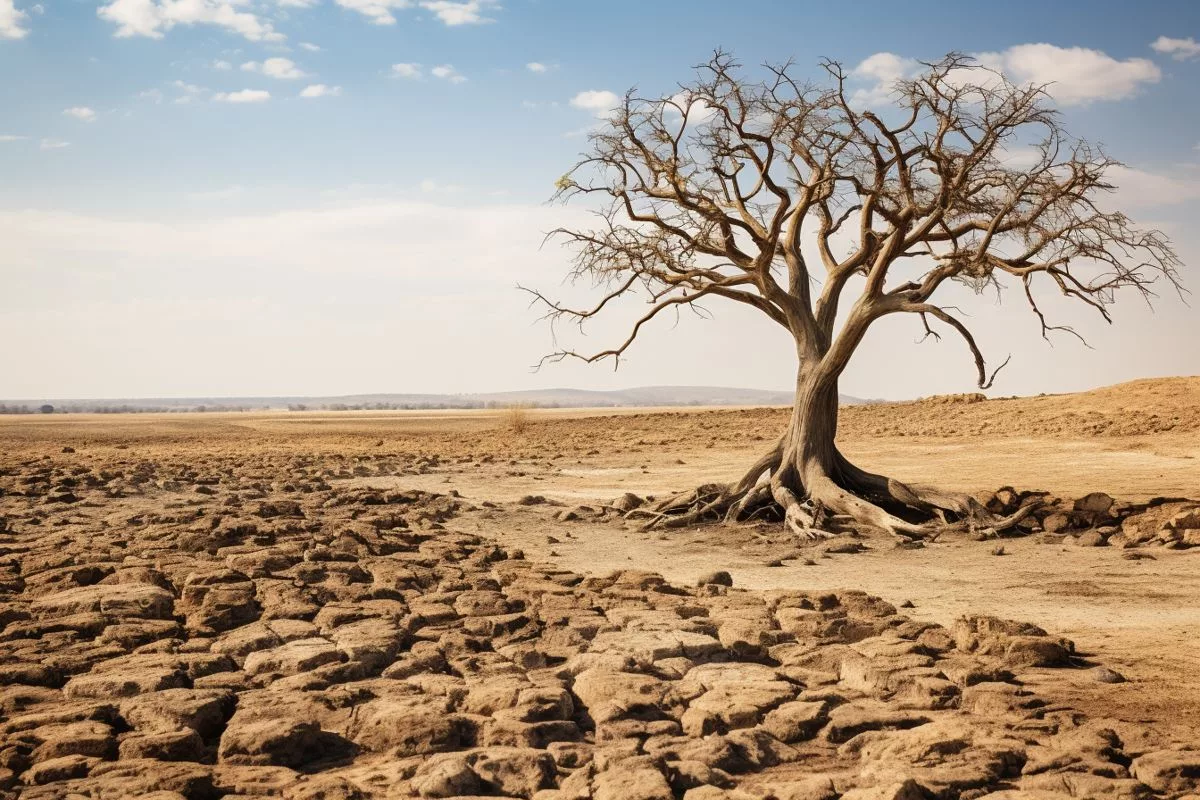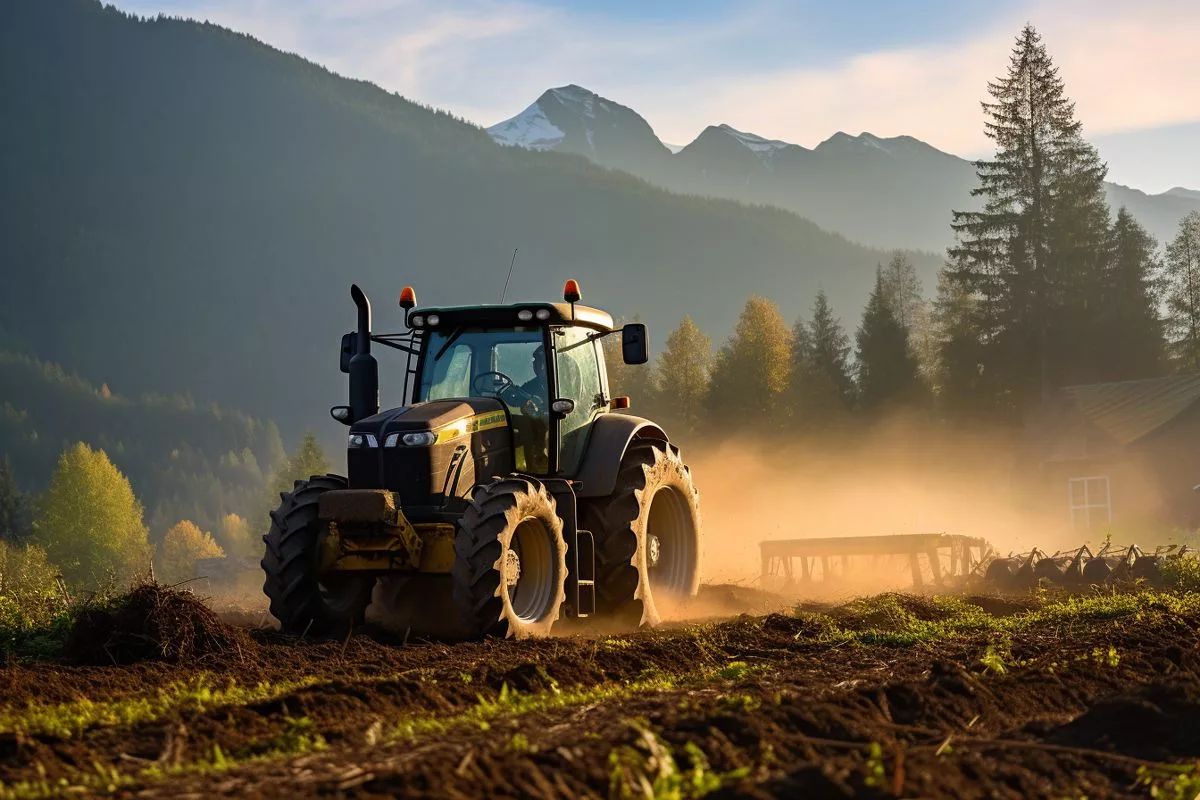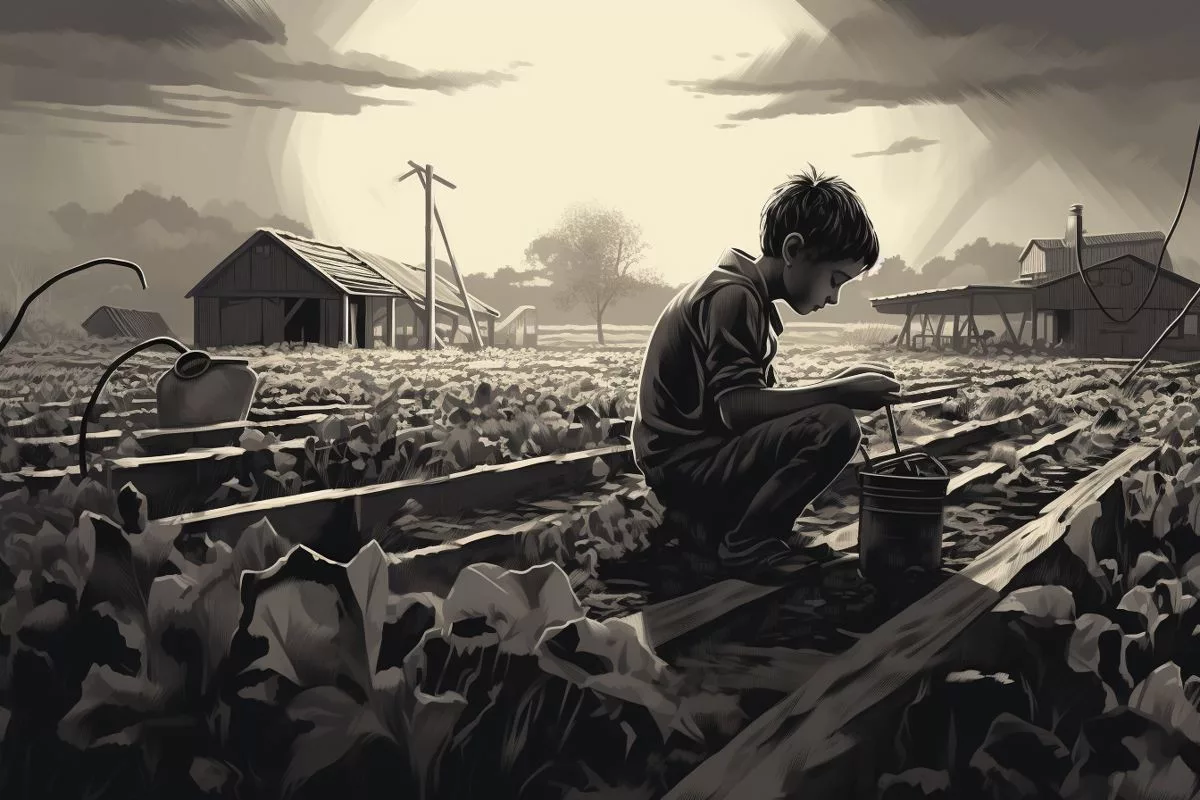The Gauteng Working for Water Environmental Programme is a strategic initiative aimed at eliminating invasive alien plants and bush encroachments threatening waterways and wetlands in Gauteng. It is a commitment to environmental sustainability, with a pledge of R152 million towards the initiative over the next five years. The programme serves as a pilot project, a template for similar ventures that could be replicated across other provinces, and exemplifies proactive environmental guardianship and a commitment to a brighter, more sustainable future.
What is the Gauteng Working for Water Environmental Programme?
The Gauteng Working for Water Environmental Programme is a strategic initiative aimed at eliminating invasive alien plants and bush encroachments threatening waterways and wetlands. With a pledge of R152 million towards the initiative, it is a commitment to environmental sustainability over the next five years across five municipalities in Gauteng. It serves as a pilot project, a template for similar ventures that could be replicated across other provinces.
The Birth of the Initiative
The 17th of November 2023 marked a momentous day in Gauteng’s environmental history, as the Gauteng Working for Water Environmental Programme was inaugurated in Heidelberg. This enterprise, driven by the Minister of Forestry, Fisheries, and the Environment, Ms Barbara Creecy, signifies a R152 million pledge towards the environmental prosperity of the region. A component of the broader Expanded Public Works Programme (EPWP), the Working for Water (WfW) scheme is a strategic countermeasure to the ecological problems created by invasive alien plants (IAP) and bush encroachments threatening vital waterways and wetlands.
Invasive alien plants present a grave risk to biodiversity and water stability, interrupting the effective utilization of land and the ecological operation of natural systems. Moreover, they have the capacity to ignite wildfires and intensify soil erosion if not appropriately managed. The hazards these plants pose are vast and pervasive, necessitating an intensive and all-encompassing approach to their extermination.
The Promise of Change
The WfW plan exemplifies such an approach. It is a commitment to environmental endurance, a premeditated step aimed at preserving and restoring the natural equilibrium. Over the forthcoming five years, the initiative will be implemented across five Gauteng municipalities – City of Tshwane East, City of Tshwane West, City of Joburg, West Rand, Sedibeng, and the City of Ekurhuleni. The objective? To eliminate an outstanding 74,781 hectares of land from the intrusion of IAPs, initiating from the 2023/2024 fiscal year.
The inauguration ceremony, conducted at the Ratanda Multipurpose Centre, was graced by media representatives who were solicited to report the launch. The event was a validation of the government’s dedication to tackling environmental issues upfront, and a display of the transformational potential of such schemes.
The Road Ahead
While the Gauteng Working for Water Environmental Programme is primarily a Gauteng-centric initiative, its significance transcends the provincial boundaries. It serves as a pilot project, a template for similar ventures that could be replicated across other provinces, thereby becoming a component of a nationwide strategy to battle environmental degradation.
Every participant in this project, right from the government authorities who conceptualized and sanctioned it, to the labor force that will execute the physical task of eradicating hectares of invasive flora, plays a pivotal role in rejuvenating the region’s biodiversity and preserving its water resources. The scheme serves as a reminder that environmental conservation isn’t just about safeguarding picturesque landscapes; it also involves the protection and management of resources indispensable for our survival.
The inauguration of the Gauteng Working for Water Environmental Programme marks a stride in ecological administration, a substantial investment in a sustainable future. It isn’t merely an environmental scheme; it’s a pledge for a brighter tomorrow. It exemplifies what can be accomplished when environmental sustainability is prioritized, and serves as a reminder that every stride, regardless of its size, adds to the grander journey of environmental preservation.
Indeed, the Working for Water initiative is a prime example of proactive environmental guardianship. It is a beacon of hope, a symbol of commitment, a prototype for action. It is a validation of strategic planning, collaboration, and dedicated action in the face of environmental challenges.
As each invasive plant is eliminated, each hectare cleared, the WfW programme steadily approaches its five-year target. It’s a journey that will be fraught with challenges and victories, hurdles and successes. But with each step, each plant eradicated and each hectare rejuvenated, the vision of a healthier, more sustainable Gauteng inches closer to fruition.
In an era where environmental crises are a global worry, the significance of schemes like the WfW cannot be emphasized enough. Initiatives like these will shape the destiny of our planet, not just for us, but for generations to come. And as the WfW programme evolves, it stands as a powerful validation of what can be achieved when we take unified, strategic action to protect our shared habitat.
1. What is the Gauteng Working for Water Environmental Programme?
The Gauteng Working for Water Environmental Programme is a strategic initiative aimed at eliminating invasive alien plants and bush encroachments threatening waterways and wetlands. With a pledge of R152 million towards the initiative, it is a commitment to environmental sustainability over the next five years across five municipalities in Gauteng. It serves as a pilot project, a template for similar ventures that could be replicated across other provinces.
2. Why was the Gauteng Working for Water Environmental Programme initiated?
The Gauteng Working for Water Environmental Programme was initiated to address the ecological problems created by invasive alien plants (IAP) and bush encroachments threatening vital waterways and wetlands. Invasive alien plants present a grave risk to biodiversity and water stability, interrupting the effective utilization of land and the ecological operation of natural systems.
3. What is the pledge made towards the Gauteng Working for Water Environmental Programme?
The Gauteng Working for Water Environmental Programme has a pledge of R152 million towards the initiative over the next five years.
4. Which municipalities in Gauteng will be covered under the Gauteng Working for Water Environmental Programme?
The initiative will be implemented across five Gauteng municipalities – City of Tshwane East, City of Tshwane West, City of Joburg, West Rand, Sedibeng, and the City of Ekurhuleni.
5. What is the significance of the Gauteng Working for Water Environmental Programme?
The Gauteng Working for Water Environmental Programme serves as a pilot project, a template for similar ventures that could be replicated across other provinces, thereby becoming a component of a nationwide strategy to battle environmental degradation. It is a commitment to environmental endurance, a premeditated step aimed at preserving and restoring the natural equilibrium.
6. Why is the Gauteng Working for Water Environmental Programme important in the current era?
In an era where environmental crises are a global worry, the significance of schemes like the WfW cannot be emphasized enough. Initiatives like these will shape the destiny of our planet, not just for us, but for generations to come. And as the WfW programme evolves, it stands as a powerful validation of what can be achieved when we take unified, strategic action to protect our shared habitat.








